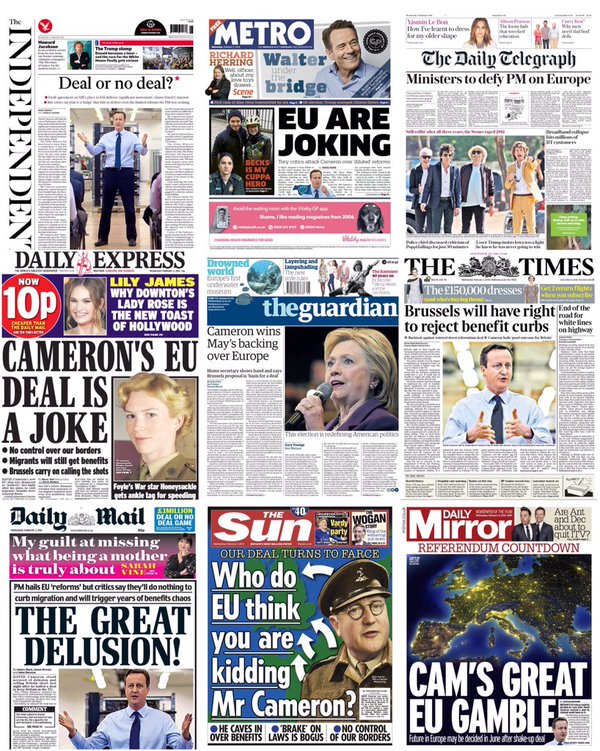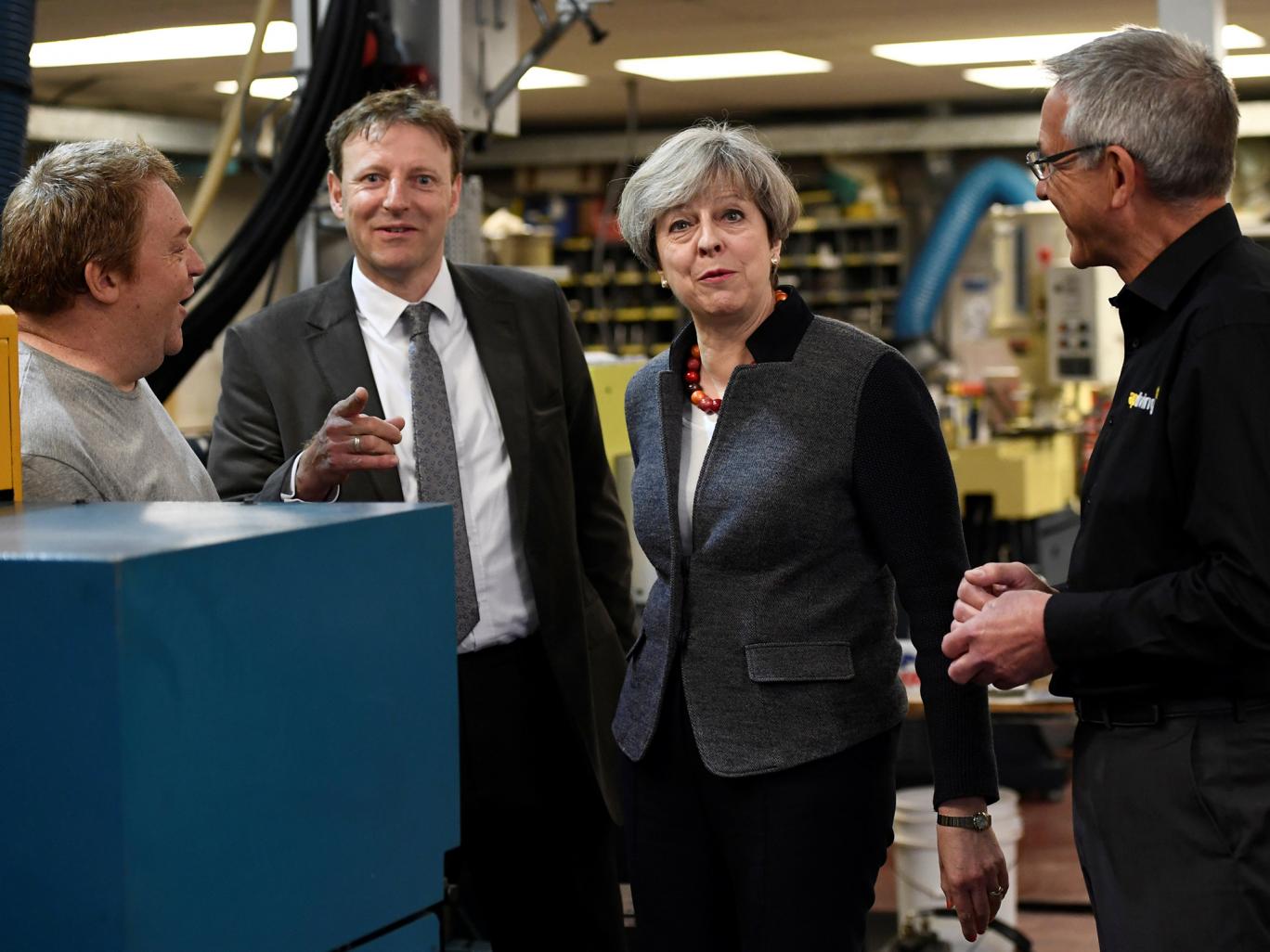
Who is responsible for the risks taken by citizen journalists who become ‘accidental’ reporters in dangerous situations?
This was the excellent question asked by Slawek Kozdras, a Polish student, who was in the audience when I gave a talk at Cumberland Lodge to LSE Government scholars.
I was doing my usual schtick about how networked journalism could alter the terms of the political communications trade. I put up slides about activists in Burma, G20 protestors and other people using new media technologies to report where professional journalists can’t go.
Slawek made a good point drawn from a fellow eastern European’s work:
“I remember a story told in Kundera’s Unbearable Lightness of Being. After the Soviet army stormed into Prague in 1968 the brave Czech people (as opposed to cowardly Czech politicians) were mocking the army, women were teasing with Russian soldiers, laughing at them, taking pictures with them knowing the Russians can’t react. The paradox is that later on these pictures with people mocking Russians turned against the Czechs and served as evidence in trials.”
And Slawek goes on to raise important issues about the ethics of that for anyone who is thinking of encouraging or benefitting from citizen journalism in dangerous places:
‘accidental’ journalism …may have catastrophic consequences exactly because it is ‘accidental’ and anonymous. I wondered what do you think about that? It is easy to imagine a situation when e.g. a protester in Burma is sent to jail because photos taken by random people and posted online served as evidence. How do you see this new type of journalism in illiberal democracies or autocracies? What are the ethical aspects of this type of journalism when the author is unknown?
These are important questions. People who report ‘accidentally’ or ‘informally’ are often taking a personal risk.

Take the example of the bloggers in China who raised the scandal of poor building standards after the earthquake last year. They broke the story, put pressure on the authorities and appeared to open up Chinese society. Six months later when the world was looking elsewhere, a number of them were arrested and more restrictions were put on Chinese bloggers.
But on balance I don’t have much of a problem with the ethics of the risk involved. If someone chooses to do something like this they generally know the risk and are doing it because they want more freedom. I am glad they now have that option. Journalists have faced exactly that hazard in the past. At least the citizen has a direct stake in the outcome.
Let The People Speak
I think it is a little patronizing to think that the citizen can’t make a judgement about what they want to say in public. I also think that to rely on conventional media is to return us to a more closed world. Mainstream journalists literally can’t get to some of these stories.
Likewise, I worry less about anonymity. There is very little evidence that false information is circulated widely for very long. Most bad data gets ignored. Most inauthentic testimony tends to get found out. The Internet is much better at critiquing itself than mainstream media ever was. Especially when it is combined with mainstream news systems through networked journalism. I can’t think of many serious examples where ‘false’ citizen journalism has had any serious impact.
Vast amounts of garbage
Of course, there is vast amounts of garbage out there but it tends not to be so influential as the genuine stuff. There have been far more durable myths, mistakes and untruths promulgated by professional journalists around the world – driven by incompetence, commercialism or censorship of more direct kinds – than by the amateur.
That doesn’t mean we shouldn’t think hard about the ethics around this. Citizen journalism can distort agendas, too. For example, the intensive reporting of the Asian Boxing Day tsunami by Western tourists gave that disaster much greater prominence in the world than comparable disasters where western tourists were not there with their camera phones and video cameras.
And anyone who puts their own safety on the line in the name of free expression has my respect. Slawek’s example from Kundera reminds us of the price paid in the name of freedom by both professionals and citizens.
[One area where there is a particularly heated debate about the role of new media and truth and lies is conspiracy theories – does the Internet make them worse? David Aaronovitch talks about his new book, Voodoo Histories, an analysis of conspiracy theories at the LSE on Thursday May 7th at 6.30pm]






Interesting post Charlie. I do think that journalists – accidental or otherwise – shouldn’t be forced to take responsibility for the potential misdeeds of others or for the misrepresentation or misuse of their work.
The easiest thing is always to do nothing. Let’s not make it any easier…
I agree fully with what you say. People are not stupid, and are well aware of the dangers that come with their ‘accidental’ journalism. An economist would say they do a thorough cost/benefit analysis and see their struggle for freedom as more important than personal safety. This sort of bravery is applaudable, and so is a platform where they can express themselves and contribute.
However, what I was curious about from an ethical perspective is not the danger for people behind the camera but the ones in front of it. Someone who takes a photo/movie and posts it makes a conscious decision to put him or herself in peril. I see a problem in the fact that the ones who are on the photo/movie may be ‘used’ without their consent, which may put them in great danger. Coming back to the example of Burma, it is probably more difficult to find out who took a photo and sent it to outside agencies than it is to find out who is on the photo protesting. Therefore, an annoymous ‘journalist’ may cause great harm and greatly enhance the risk for people who are already risking a lot – also for the benefit of the annoymous ‘journalist’. In this hypothetical situation a professional journalist would be obliged to act ethically, not only by his/her morality but also a certain code of conduct that comes with the profession. An ‘annoymous journalist’ does not have to follow a code of ethical journalism or may simply be more careless. I can also imagine that big agencies or companies which provide a platform for ‘annoymous journalism’ will have less of an incentive to decide what is and what isn’t ethical as it is not them posting it.
In other words, I’m afraid that new media will allow for more extreme material and possibly unethical practices, to the benefit of the BBCs and CNNs of the world, as well as the ‘annoymous journalist’, but at the cost of the depicted people. The question is then: is it worth it? Who should decide if showing riots in Burma is worth the possibly great costs for the ones involved in those riots? Should there be someone deciding where the boundary between informing the world and serving protesters on a plate to their corrupt authorities is?
I raised this Q with one of the panels at this week’s Online Voices Blogging event and Demotix’s CEO, Turi Munthe – I don’t have direct quote – said it was an issue of enormous importance to them but he seemed to be saying that there is no clear-cut answer.
It’s something I’ll try return to, for Journalism.co.uk, with Slawek’s points in mind.
The other question, that seems connected to me, is how does a notion of citizen media affect events themselves: might people approach a situation with the idea of generating multimedia material, and how does that have implication on what then happens? (This is something coming up in the discussions surrounding UK protests).
It’s a huge thing, as Judith points out.
We deal with it at present by allowing everyone to upload anonymously, and by stripping all the metadata out of every image uploaded to Demotix to ensure we can legitimately claim we know nothing about the whereabouts or identity of our contributors.
We also spent many many hours with lawyers – Speechly Bircham in London who are great at this kind of thing and did the work quasi pro bono – trying to figure out the most efficient ways to block nasty govts from forcing us to divulge information by suing us. (it turns out the UK is prett good on the right to a fair trial so we are fairly well protected.)
We have lots of info on the site about protection (tech, with Tor, and practical) and we’re about to team up with the INSI to create online cit-j safety training.
BUT that still doesn’t, ultimately, answer the question.
One potential answer is to create a separate NGO wing on Demotix that could, in the worst instances, provide legal and material support.
Any ideas welcome!
Interesting post Charlie. I do think that journalists – accidental or otherwise – shouldn’t be forced to take responsibility for the potential misdeeds of others or for the misrepresentation or misuse of their work.
The easiest thing is always to do nothing. Let’s not make it any easier…